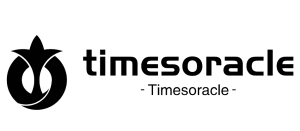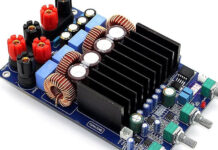In this age of data being more valuable than oil, companies need to have a consistent and regular backup of their data. The unavailability of useful information means that the profitability of a company will decline. This decline is due to the inability of the business to supply customers with a minimum expected level of service.
Other outcomes of poor data access and backup include problems in team collaboration, horrible customer service, and a plunge in sales levels. Customers expect the company to be able to handle a data outage fast and efficiently: lag could result in substantial loss of income. The popularity of NAS devices has been steadily rising in recent years, with more and more local and enterprise businesses choosing it as their primary data backup method. In this write-up, we shall cover the pros and cons of Network Attached Storage (NAS).
Why NAS is good for small and medium businesses (SMBs) and homes
- Compared to other storage options in the market, Network Attached Storage ranks are among the easiest to set up and run efficiently. Setting up NAS, for example, raspberry pi NAS is as easy as installing and operating Windows; no advanced tech skills are required.
- Boosted storage space – many users find themselves requiring additional hard drive space regularly. HD movies and music files can quickly fill up any storage device. This is where NAS comes in handy. NAS is easy to expand and allows concurrent multiuser access.
- NAS is not affected by ISP network issues – NAS is set up on your local Wi-Fi or GB Ethernet. This means that you are not affected by any network outages on the part of your ISP or cloud service provider. Modern NAS designs like the RAID 5 array can survive a total failure of one of the disks in the collection without resulting in downtime.
- NAS devices usually come with embedded organization software – inbuilt software makes it easy to connect your NAS devices to your PC or laptop. The software also enables you to connect quickly to a cloud service, including the necessary syncing software.
- Enhanced security – NAS offers integrated security solutions such as disk encryption. Centralized NAS storage in an enterprise setting is usually a safer option for distributing files across several computers, which may be compromised individually.
- NAS is usually cheaper than other backup options such as cloud data storage.
Pros of NAS
- Network Attached Storage makes it possible to retrieve files that were deleted in the past. This is made possible by the multiple partitions that create the file storage system.
- Administrators can easily store and retrieve files and documents
- NAS can improve network speeds by reducing the time it takes to upload or download files from the data storage.
- NAS can improve business processes by eliminating issues of corrupt files, missing files, etc.
Cons
- You need to go through the installed operating system to back up your data; you cannot do it directly from your Windows machine.
- Many NAS devices run on Linux. A significant data corruption event necessitates the involvement of data recovery professionals.
Conclusion
Network Attached Storage is excellent for both enterprise and small and medium businesses. NAS devices offer reliable data backup with consistent access times and enhanced security.
























